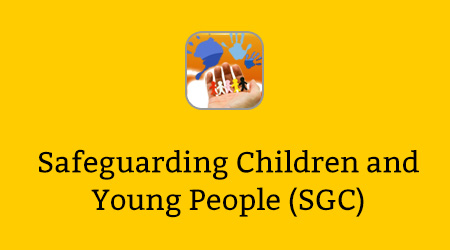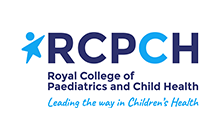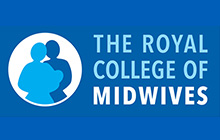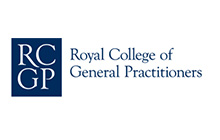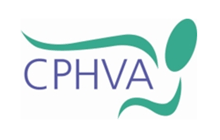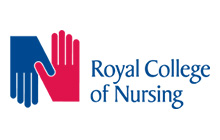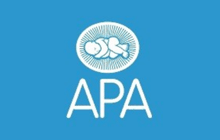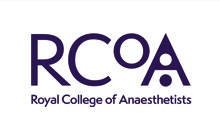About the content
All health professionals have a key role to play in safeguarding children and young people. Section 11 of the Children Act places a statutory duty on key people and bodies to make arrangements to safeguard and promote the welfare of those they come into contact with.
These elearning sessions offer a clear and effective solution to achieve this aim and meet the National Workforce Competences.
About the Safeguarding Children and Young People programme
Delivered by Health Education England elearning for healthcare (HEE elfh) in partnership with the Royal College of Paediatrics and Child Health (RCPCH), the Safeguarding Children and Young People programme aims to meet statutory training requirements so that healthcare providers can ensure their teams are up-to-date with the issues surrounding Child Protection.
The programme consists of:
- Level 1 – for non-clinical staff
- Level 2 – for all clinical staff
- Level 3 – for clinical staff working with children, young people and/or their parents/carers as described in the Intercollegiate Document
Further information regarding each of these levels can be found below.
The Level 3 course has been updated (March 2020) to reflect the most up-to-date guidance set out in the Intercollegiate document.
Publications
Safeguarding Children and Young People: Roles and Competencies for Healthcare Staff – and RCPCH summary
Looked After Children: Roles and Competencies of Healthcare Staff
The curriculum in detail
-
Safeguarding Children Level 1
Introduction to Safeguarding Children and Young PeopleSafeguarding Children Level 1
This session is for non-clinical staff working in health care settings: receptionists, administrative, catering, transport and maintenance staff for example.
The session meets the statutory and mandatory training requirements and learning outcomes for Safeguarding Children Level 1 in the UK Core Skills Training Framework (UK CSTF).
-
Safeguarding Children Level 2
Recognition, Response and RecordSafeguarding Children Level 2
Level 2 covers the three Rs: Recognition, Response and Recording. This session has been developed for all clinical staff who have some degree of contact with children and young people and/or parents/carers, the sessions will teach you how to manage concerns that a child is being maltreated.
Staff requiring this training include: healthcare students, clinical laboratory staff, pharmacists, ambulance staff, dentists, dental care practitioners, audiologists, opticians, adult physicians, surgeons, anaesthetists, radiologists, nurses working in adult acute/community services (including practice nurses), allied health care practitioners and all other adult orientated secondary care healthcare professionals, including technicians.
The session meets the statutory and mandatory training requirements and learning outcomes for Safeguarding Children Level 1 in the UK Core Skills Training Framework (UK CSTF).
-
Safeguarding Children Level 3
Maintaining and Updating CompetencesSafeguarding Children Level 3
Safeguarding Children and Young People covers a wide range of topics including sudden or unexpected death in childhood, parental risk factors, unexplained injuries, disability and neglect, fabricated and induced illness and adolescents presenting with intoxication. These sessions have been created for all clinical staff working with children, young people and/or their parents/carers and who could potentially contribute to assessing, planning, intervening and evaluating the needs of a child or young person and parenting capacity where there are safeguarding/child protection concerns.
Staff requiring this training include GPs, forensic physicians, urgent and unscheduled care staff, mental health staff (adult and CAMHS), child psychologists, child psychotherapists, adult learning disability staff, learning disability nurses, health professionals working in substance misuse services, youth offending team staff, paediatric allied health professionals, sexual health staff, school nurses, health visitors, all children’s nurses, midwives, child psychologists, obstetricians, all paediatricians, paediatric radiologists, paediatric surgeons, children’s/paediatric anaesthetists, paediatric intensivists and paediatric dentists.
These Level 3 elearning sessions will provide you with information that will help to demonstrate competency in accordance with the majority of requirements outlined in the intercollegiate safeguarding competences although it is not exhaustive. It should be noted that professionals are also expected to keep abreast of key statutory and non-statutory guidance and legislation. Further, professionals should also support this elearning with regular clinical updating, clinical audit, reviews of significant events and peer discussions and take part in multidisciplinary training where possible. Many of the required competences at this level can only be obtained through clinical practice and experience and you should consult Safeguarding Children and Young People: Roles and Competences for Health Care Staff (Fourth Edition; January 2019) to ensure you are attaining all of the required competences you need in your particular job at this level.
Project team

Dr Vicki Walker
Clinical Lead, RCPCH
Suma Surendranath
Education and Professional Development Lead, RCPCH
Andi Blackmore
Programme Manager, HEE elearning for healthcare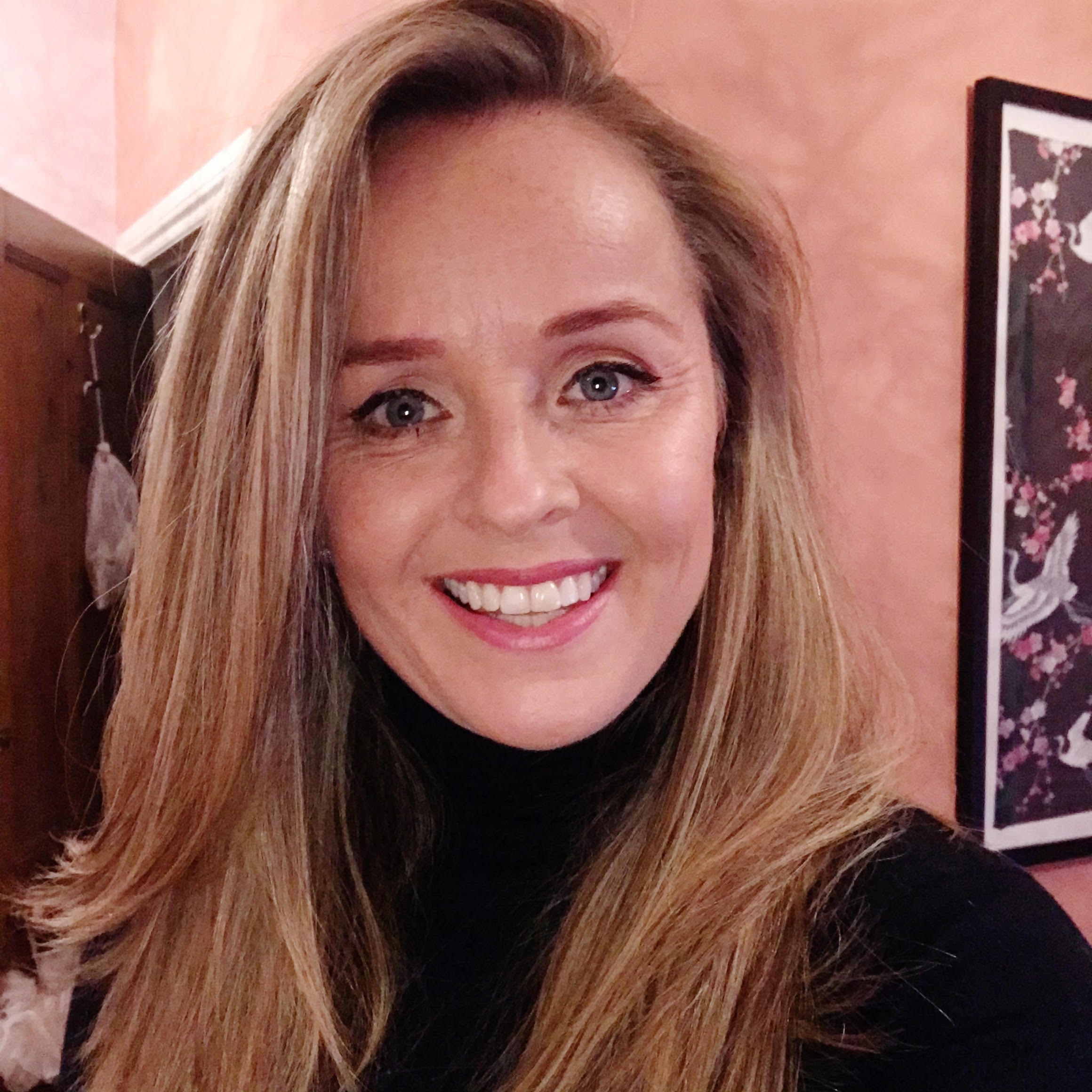
Marnie Greenrod
Senior Project Manager, HEE elearning for healthcare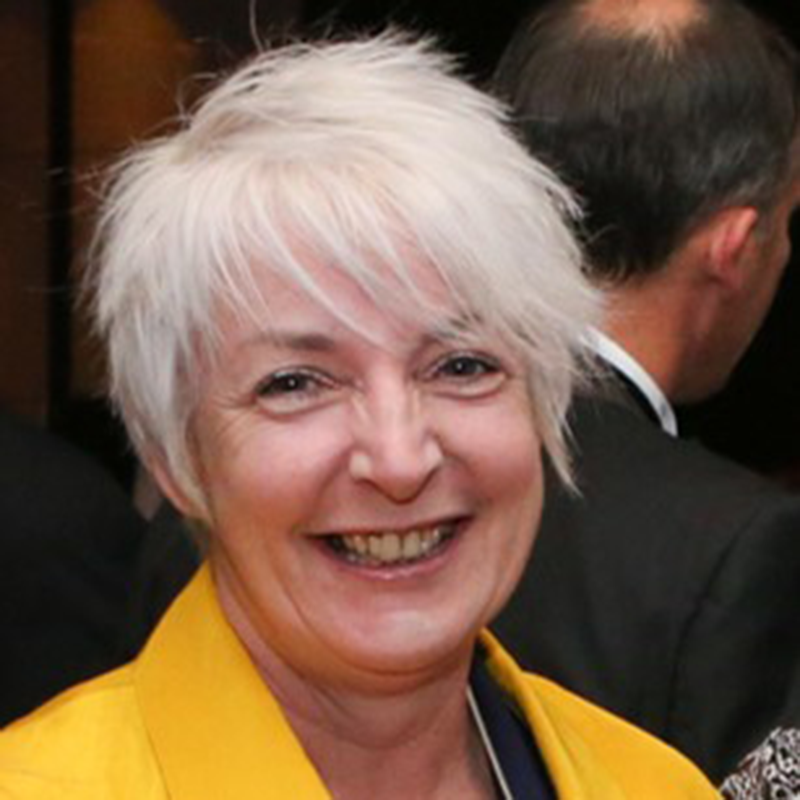
Alice Denham
Senior Project Manager, HEE elearning for healthcare
Stephen Gibbons
Lead Learning Designer, HEE elearning for healthcare
Authors & reviewers 2022
- Vicki Walker – Consultant Paediatrician, Designated Dr Looked After Children, Assistant Officer for Child Protection RCPCH
- Arthur Joustra – paediatric trainee
- Lauren Quinn – paediatric trainee
- Lynn Snow – Associate Specialist, Designated Dr Looked After Children
Review team 2020
Clinical Lead:
- Vicki Walker – Consultant Paediatrician (community & general); Head of Service Community Paediatrics
Reviewers:
- Esther Corker – Consultant Community Paediatrician, Kings Mill Hospital
- Vaishali Desai –Consultant Paediatrician; Designated Doctor for Looked after Children and Named Doctor for Safeguarding Warwickshire
- Jo Gifford – Consultant Paediatrician CWPT; Designated Doctor for Child Safeguarding, Coventry & Rugby CCG
- Sophie Halstead –Neonatal SpR, St Mary’s Hospital/Queen Charlotte’s Hospital
- Angela Moore – Consultant Paediatrician
- Rajiv Mittal – Consultant Paediatrician; Designated Doctor for Safeguarding and Child Deaths, Countess of Chester Hospital
- Francesca Norris – Community Child Health trainee
- Rebecca Sands – Consultant Paediatrician; Designated Doctor for Safeguarding Children
- Shashwat Saran – Consultant Paediatrician
- Ruth Skelton – Consultant Paediatrician; Designated Doctor for Child Protection
- Paediatrics, Bradford Teaching Hospitals NHS Foundation Trust
Original Production Team:
- Anne Aukett – Quality Assurance
- Neha-Baj – Content Development Lead, elfh HEE
- Andrea Goddard – Quality Assurance
- Marnie Greenrod – Project Manager, RCPCH
- Rajiv Mittal – Editor
- Leonie Pereira – Editor
- Fiona Shaw – Project Lead, RCPCH
How to access
In order to access the Safeguarding Children and Young People programme, you will need an elfh account. If you do not have one, then you can register by selecting the Register button below.
To view the Safeguarding Children and Young People programme, select the View button below. If you already have an account with elfh, you will also be able to login and enrol on the programme from the View button.
Not an NHS organisation?
If you are not an NHS health or care organisation and therefore do not qualify for free access elfh Hub, you may be able to access the service by creating an OpenAthens account.
To check whether or not you qualify for free access via OpenAthens, you can view the eligibility criteria and register on the ‘OpenAthens’ portal.
Registering large numbers of users
If you are a HR, IT or Practice Manager and would like to register and enrol large numbers of staff within your organisation for access onto the Safeguarding Children and Young People programme, please contact elfh directly.
Organisations wishing to use their own LMS
For HR departments wanting to know more about gaining access to courses using an existing Learning Management System please contact elfh directly to express interest.
More information
Please select the following link for more information on how to use the elfh Hub.



